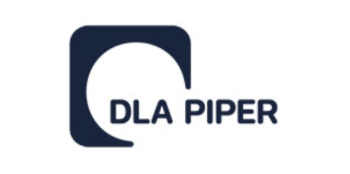The Court of Cassation has penalised the senders of email newsletters without the recipients' prior consent with nine months' imprisonment.
Article 167 of the Data Protection Code calls for a prison term of six to 24 months for the processing of personal data without the consent of the data subject (along with other privacy breaches) and with the intent to gain profit or cause harm, provided that harm is actually caused.
With reference to a case in which a major Italian internet company had sent newsletters without the recipients' prior consent, the Court of Cassation held that:
- the company's profits were derived from the savings it had made from not paying the amount due to the service provider and owner of the database whose data had been unlawfully processed;
- in order to prove that the newsletter recipients had sustained harm, it was unnecessary to list their names or provide evidence of the damages suffered;
- the crime was triggered by the possibility that the conduct could give rise to harm; and
- the harm caused could be considered personal harm due to the time lost in reviewing the non-requested newsletters.
Based on these circumstances, the managing director of the company received a nine-month prison term.
This decision has led to considerable discussion over criminal penalties for spamming, as the harm sustained by the newsletter recipients was linked merely to the time lost in going through the non-requested emails. It is of concern that the decision went beyond the purposes that the regulator had intended with reference to 'harm' as a condition for punishment. On one hand, such a broad definition might considerably reduce spamming in Italy; on the other, it might become an excessively dangerous weapon in courts' hands.
It remains to be seen whether this approach will be followed by lower courts, as Italy is a common law country and lower courts are not obliged to follow the decisions of higher courts.
For further information on this topic please contact Giulio Coraggio at DLA Piper Italy by telephone (+39 02 80 61 81), fax (+39 02 80 61 82 01) or email ([email protected]).
This article was first published by the International Law Office, a premium online legal update service for major companies and law firms worldwide. Register for a free subscription.



